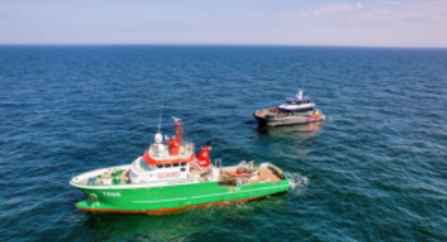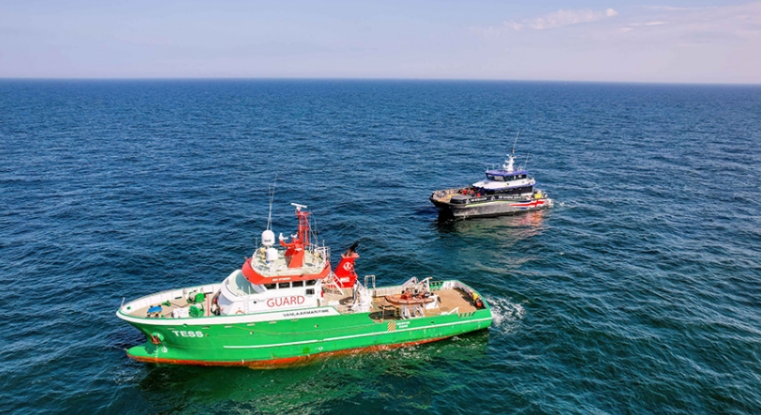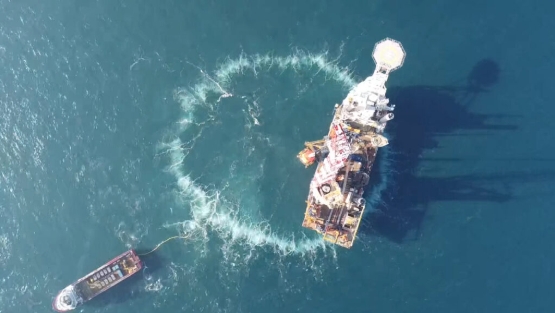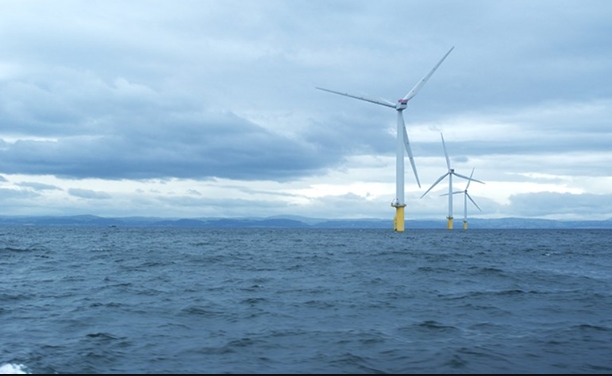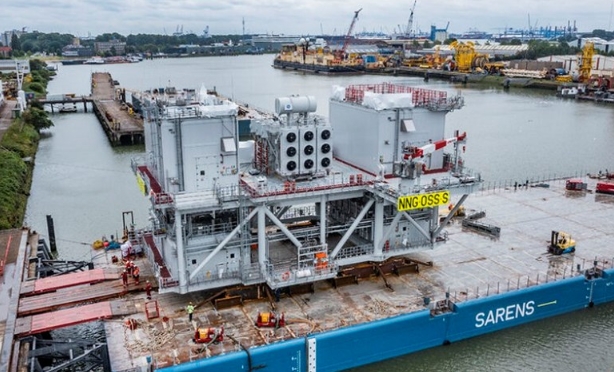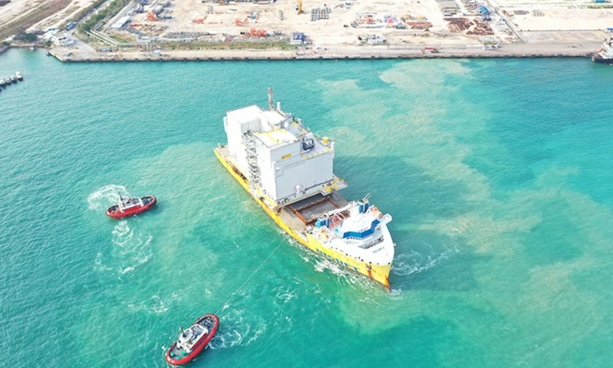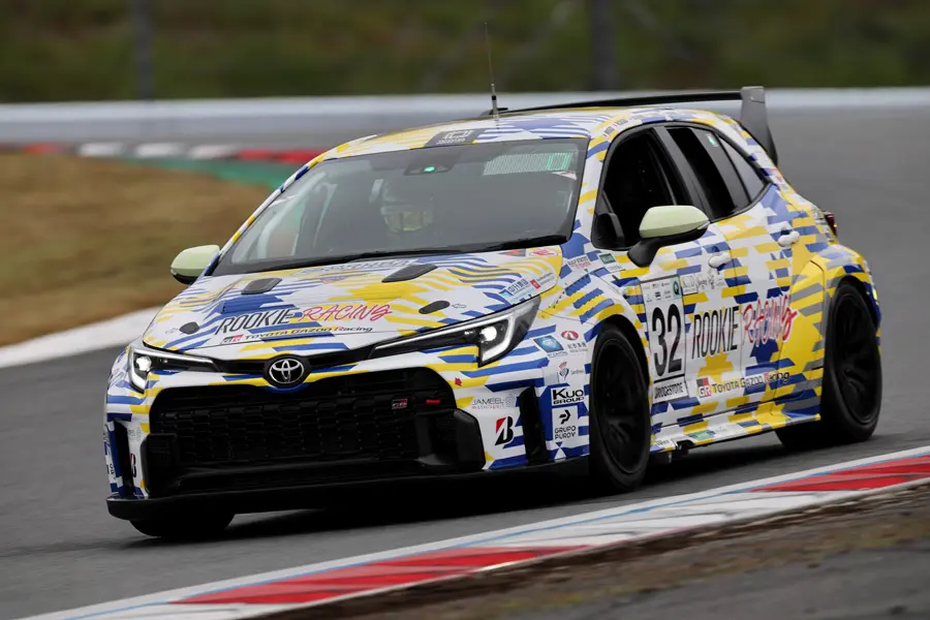
Liquid hydrogen has a higher density than gaseous hydrogen. This allows for more hydrogen to be stored in a tank of the same capacity but presents an issue of boil-off. This is a problem for all liquid hydrogen systems, where the liquid hydrogen fuel stored in the tank evaporates due to natural heat that enters from outside. Until now, the boil-off gas (vaporized hydrogen) generated in the fuel tank while driving has been released into the atmosphere without being used.
At the Super Taikyu Final Fuji, Toyota will exhibit a new concept model that utilizes the boil-off gas. Although it is still in the concept stage, if realized, this technology is expected to improve the energy efficiency of the entire liquid hydrogen system by recovering and using boil-off gas as energy. Thus, Toyota is looking to form partnerships that will help make this technology a reality.
Reusing boil-off gas as fuel
Toyota is working on the development of technology to produce reusable fuel by sending boil-off gas released from liquid hydrogen in the tank to a self-pressurizer (a device that increases pressure without relying on external energy). Boil-off gas can be converted back to usable hydrogen fuel for the engine by applying pressure, but increasing the pressure sufficiently usually requires energy such as electricity. The self-pressurizer that will be exhibited at this event uses the pressure of the boil-off gas to increase pressure by two to four times and produce reusable fuel without using any additional energy.
Generating electricity using boil-off gas
During the pressurization process for reusing boil-off gas (vaporized hydrogen), as in 1, a certain amount of surplus boil-off gas is still released.
This is then fed into the small fuel cell package (FC stack) that Toyota has developed, and the hydrogen goes through a chemical reaction to generate electricity. The electricity generated can be used to power parts like the motor for the liquid hydrogen pump. If realized, it will be possible to supplement electricity equivalent to the amount generated by the alternator (small generator) from boil-off gas, leading to an improvement in energy efficiency.
Safely releasing surplus boil-off gas through catalyst
Boil-off gas that is not used in the electricity generation process in 2 is then converted into water vapor through a catalyst as before and safely released outside the vehicle.
Toyota will continue to refine cars and people in the challenging world of motorsports and evolve together with its partners to achieve carbon neutrality.
